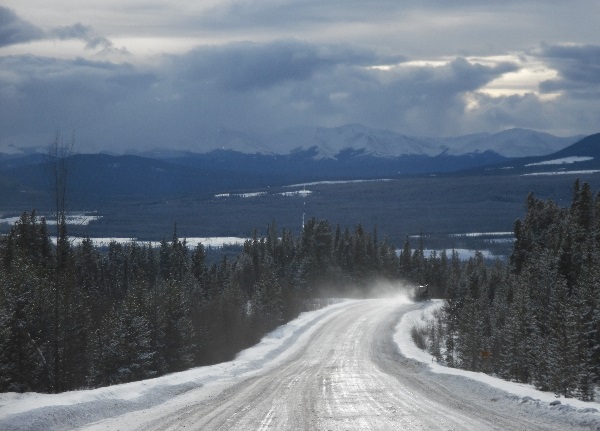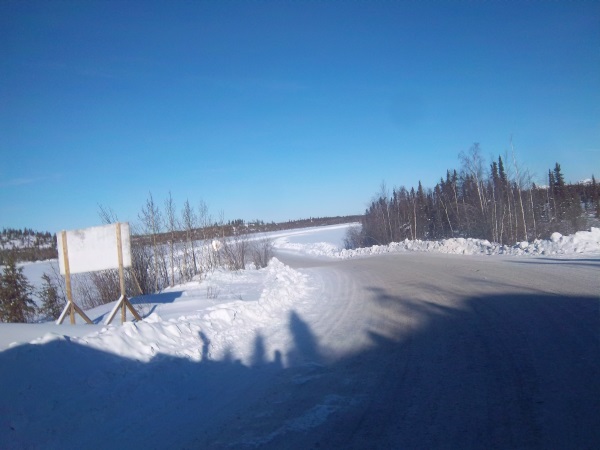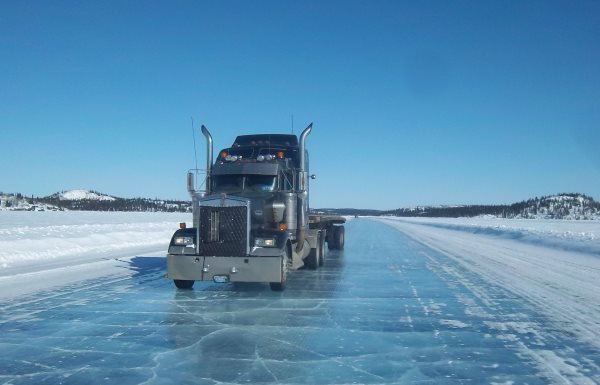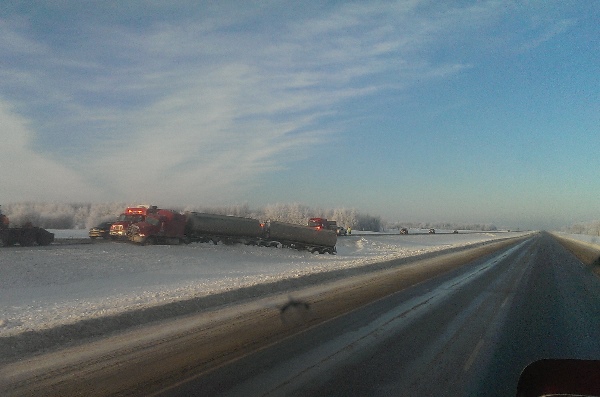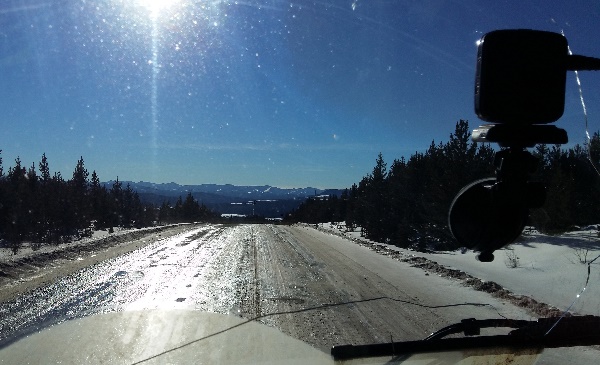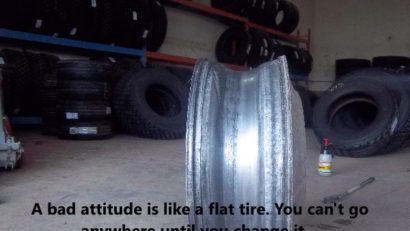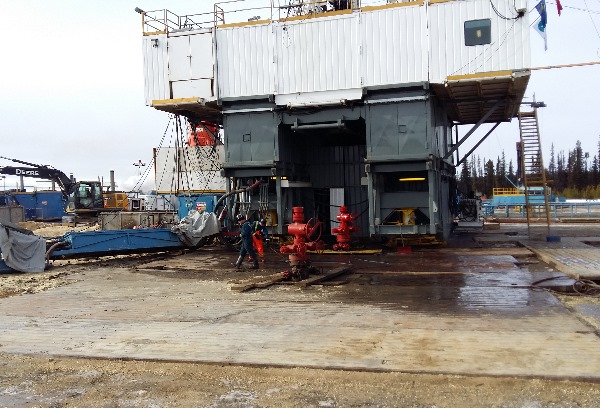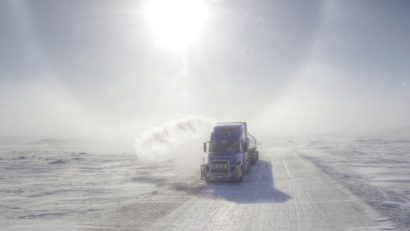Oilfield safety is another important topic we need to cover for becoming a truck driver in the oilfields. The rules alone could change your decision to move into the oil and gas industry with the safety regulations becoming more strict each year, Remember the rules are in place for a reason, because it’s important that you make it home safely to your family.
If you’re just joining us from a web search, welcome to Oilfield Safety. This is Section 4 of the Oilfield Trucking series which is a comprehensive look at whether or not it’s the right career move for you.
The focus of this section is not to teach you safety, but rather allow you to see some of the expectations of the industry regarding Oilfield Safety. Oilfield trucking isn’t for everyone, and you may have to give up a certain amount of freedom you had on the open road.
If you’re not willing to play as a team, if drugs and alcohol are a part of your regular lifestyle, if you have difficulty with an excessive amount of rules and regulations, oilfield trucking may not be for you. This isn’t meant to discourage you, but something you need to be aware of.
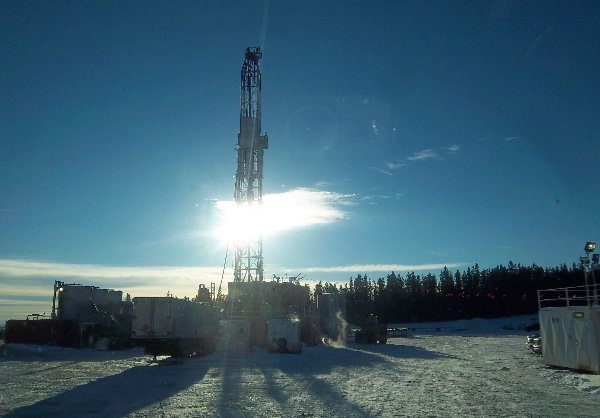
Oilfield Safety. There are many hazards working in the oilfields on drilling rigs and well fracturing. The safety rules are in place to ensure everyone makes it home safely to their families.
The Safety Environment
If you’ve never worked in a “Safety” environment, you may have to change some of the ways you do things. You don’t just do what you want, when you want to do it. The oil and gas industry has many potential hazards to you and those around you. That means rules and regulations that dictate almost every aspect of how you do your job.
You’ll hear this term CYA often while working in the oilfields. I’m sure most of you are already aware of it, but for new people it means Cover Your Ass. When you cover your ass, you’re also covering the company and your fellow workers.
Walking on eggshells is something you might want to get used too. That means every aspect of your job is constantly being monitored.
Just like any other trucking job, you don’t just represent yourself. You represent your fellow drivers, and your company. A negative attitude and poor work ethics can cost everyone money by lost work, or lost contracts with the companies they do business with.
For example: If you need to back your truck and trailer up even truck five feet on an oilfield lease, you may be required to have a spotter. If you ignore a rule like this and back up without one, you may find yourself banned from that site, or banned from working for that oil company. Not only you can be banned, but the whole company.
I’ve actually seen this happen on many occasions in my career. In one week on a job, I watched the oil company representative skid 5 different contractors for unsafe work practices.
The same goes for driving on oilfield roads. If you break the rules or drive carelessly, you could be getting your whole company banned. These selfish acts by drivers happen all the time.
If you need to check something in a tank, you don’t climb up on the tank to open a hatch and go in. You’ll need to have a confined space entry permit, a spotter and special training to go along with it.
If you have to work at heights over 3 meters, you’ll need specialized training that requires you to wear a harness. This goes for just about everything you do in the oil patch. The requirement of safety tickets and company orientations is growing every year.
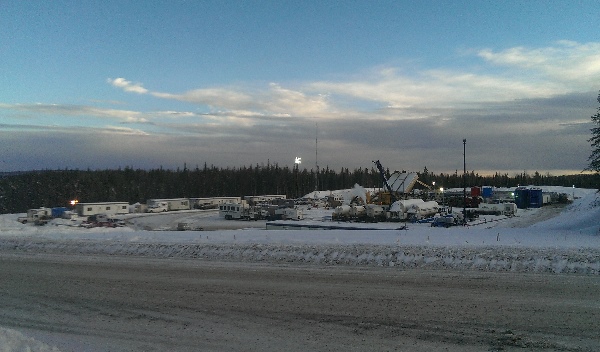
Oilfield Safety. A frac location has many hazards from overhead loads to pressurized lines and vessels. Nitrogen, CO2, frac sand, water and other chemicals are all trucked in.
Fracturing locations have many hazards to be aware of. Safety meetings are held before, during, and after each job. A safety meeting can also be called any time the hazards change.
